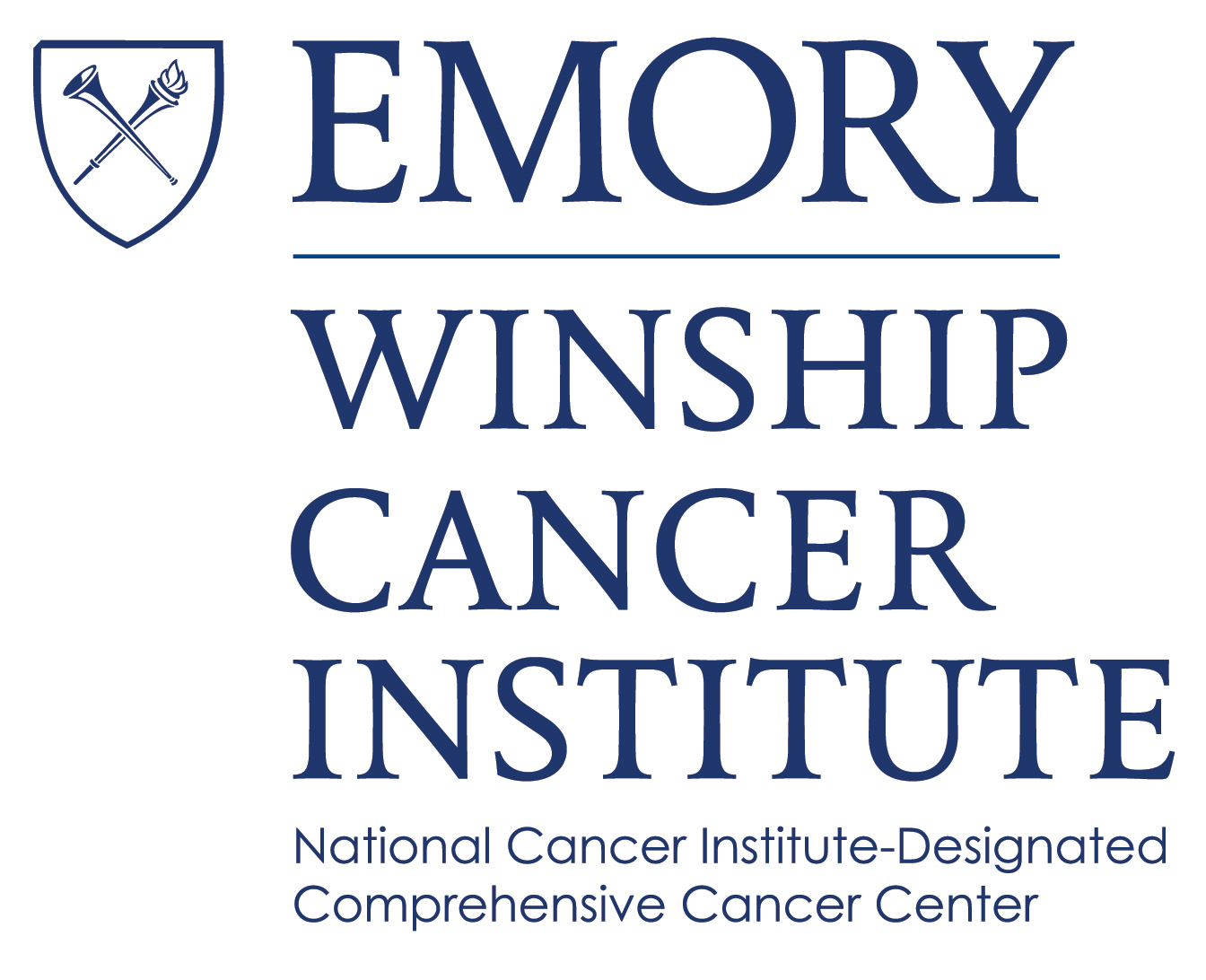- Advertise
- About OncLive
- Editorial Board
- MJH Life Sciences brands
- Contact Us
- Privacy
- Terms & Conditions
- Do Not Sell My Information
2 Clarke Drive
Suite 100
Cranbury, NJ 08512
© 2025 MJH Life Sciences™ and OncLive - Clinical Oncology News, Cancer Expert Insights. All rights reserved.
Dr. Cohen on the ELEVATE-TN Trial in CLL
Jonathon B. Cohen, MD, MS, associate professor, Department of Hematology and Medical Oncology, Emory University School of Medicine, co-director, Lymphoma Program, and medical director, Infusion Services, Winship Cancer Institute of Emory University, discusses the design of the phase III ELEVATE-TN trial in chronic lymphocytic leukemia (CLL).
Jonathon B. Cohen, MD, MS, associate professor, Department of Hematology and Medical Oncology, Emory University School of Medicine, co-director, Lymphoma Program, and medical director, Infusion Services, Winship Cancer Institute of Emory University, discusses the design of the phase III ELEVATE-TN trial in chronic lymphocytic leukemia (CLL).
The ELEVATE-TN trial was designed to evaluate the second-generation BTK inhibitor acalabrutinib (Calquence). The agent was designed to be more specific inhibitor of BTK and result in less off-target toxicity versus ibrutinib (Imbruvica), says Cohen. In the trial, acalabrutinib was combined with obinutuzumab (Gazvya) and compared with the combination of obinutuzumab and chlorambucil.
According to topline findings from the trial, the study met its primary endpoint of improved progression-free survival with the BTK-based combination in patients with treatment-naïve CLL. Although data from the trial have yet to be presented, Cohen believes they will reinforce the idea that BTK-based therapy is superior to chemotherapy in CLL.
Related Content:





